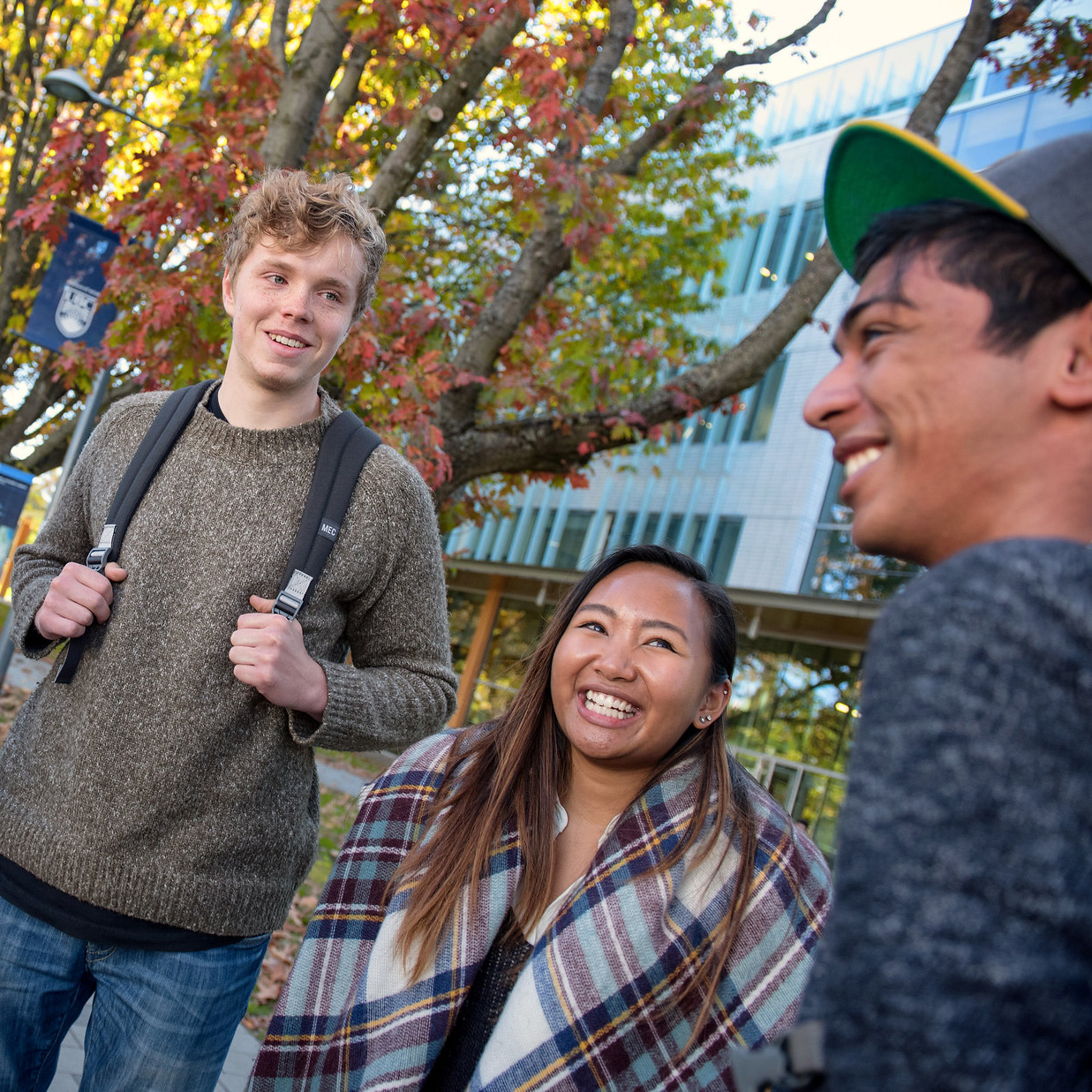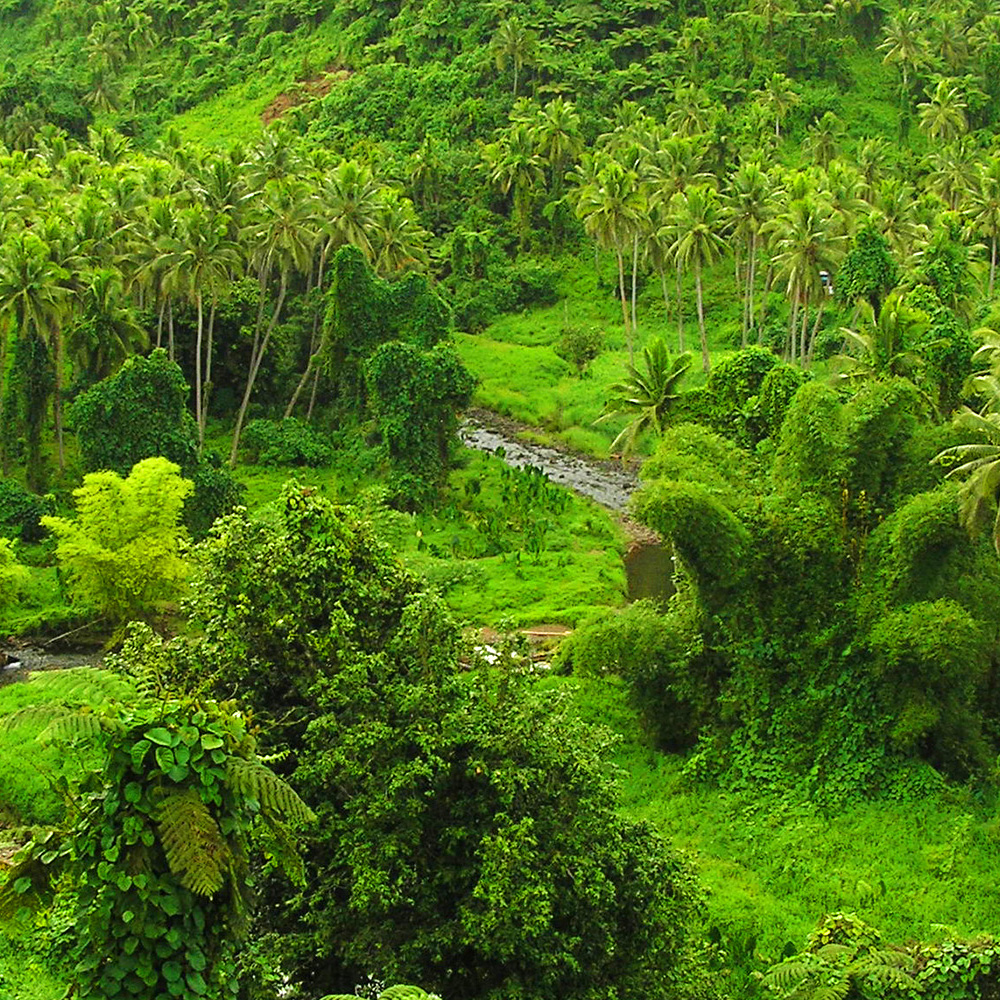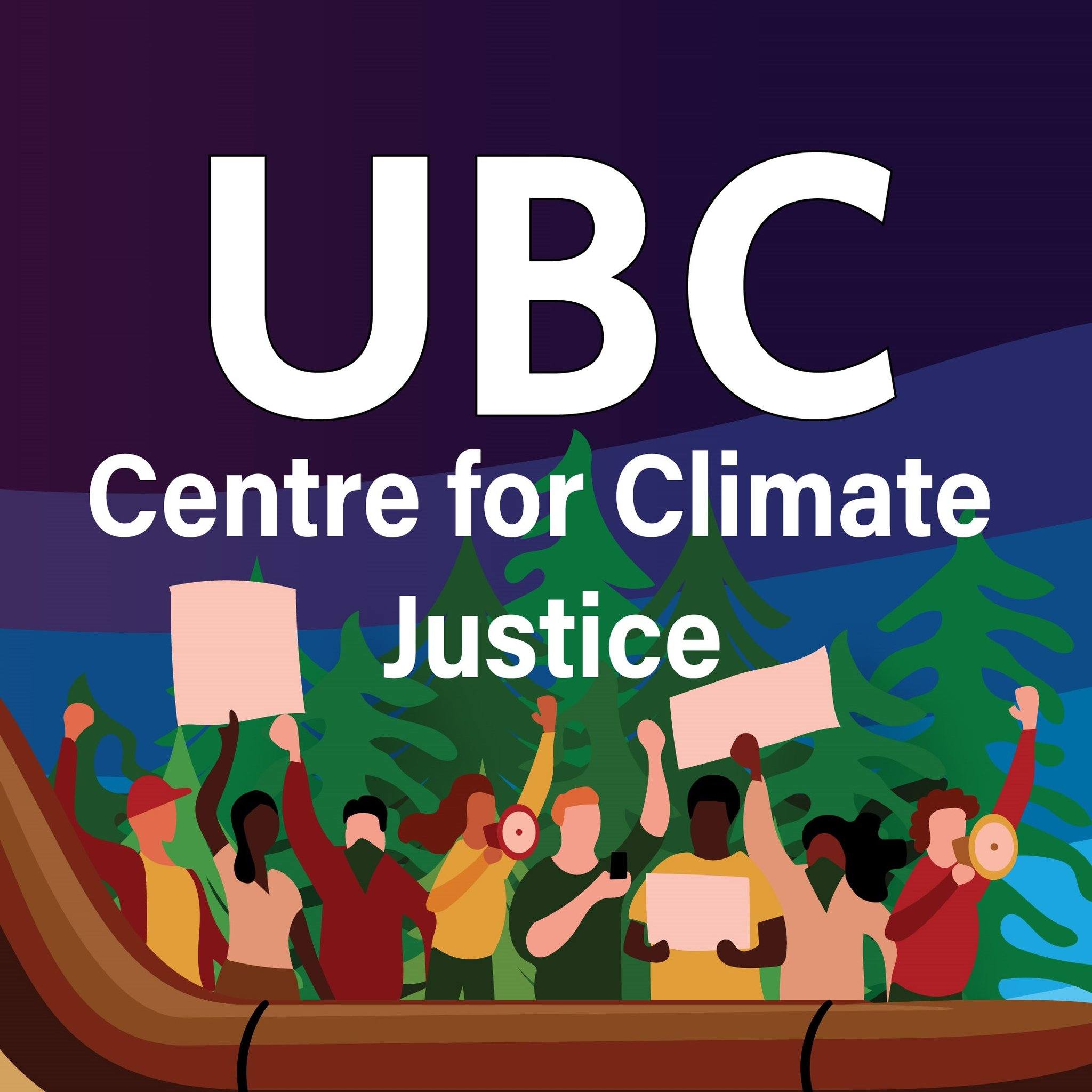We are in a climate crisis and we need to act.
In 2019, we declared a climate emergency. This is the most urgent issue of our time, further deepened by systemic injustices and colonialism.
As researchers, we are dedicated to answering questions about how the climate is changing, and how these changes are driven by human activity. As a community, we are committed to the work of climate justice.
The committee is tasked with overseeing the implementation of UBC Geography's Climate Action Plan and exploring the actions we can take as a department for a better future.
2024/25 Members
Jemima Nomunume Baada (Chair)
Nina Hewitt (Faculty representative)
Daniela Garcia (Staff representative)
James Pangilinan (Graduate student volunteer)
Mohammed-Gazali Hambali (Graduate student volunteer)
Ryan Chiu (Undergraduate Work Learn student)
Aidan Huang (Undergraduate student volunteer)
Aryana Mehrkhodavandi (Undergraduate student volunteer)
Nia Zilis (Undergraduate student volunteer)
Steven Townsend (Undergraduate student volunteer)
Abeer Imtiaz (Undergraduate student representative)
George Ferreira (Graduate student representative)
Why do we need climate justice?
Climate change, and the extractive practices that drive it, most heavily impact those who have contributed least to the current crisis – many in the Global South, Indigenous and Black communities, and people of color.
We must ask how our global economies and societal structures can be reconfigured to tackle the climate crisis in a way that also battles existing inequalities.
Climate Research at UBC Geography
Our department is at the forefront of climate research, on the Canadian and global scale.
Our faculty members have written New York Times bestsellers, and served on national and international advisory bodies — including the Intergovernmental Panel on Climate Change.
Geographers at UBC work on issues from wildfires to warming coral reefs and the social inequalities exacerbated by the climate crisis.
Some current projects include:
– glacier retreat in British Columbia
– carbon sequestration in coastal wetlands
– Canada’s carbon future and Net Zero goals
– climate displacement and rural migration in sub-Saharan Africa
– how digital innovation can support sustainability
– biodiversity challenges and shifting ecosystems
– climate impact in tropical forest landscapes
Future Ecologies presents The Right to Feel, a two episode mini-series on the emotional realities of the climate crisis.
The first episode, Climate Feelings is a collection of students’ non-fiction essays and reflections on their personal realities of living with and researching the climate crisis. The first episode opens with an introductory conversation between Geography Professor Naomi Klein and Geography graduate student Judee Burr that contextualizes how this class was structured and the writings it evoked.
The second and final episode, Eulogies is based on fictional writing from the class. Students imagine and eulogize something that could be harmed by the climate emergency, and then imagine a speculative future in which action was taken to mitigate that harm.


One of the things that motivates me to keep doing good science is because I have colleagues and students who will go out and try to make the world a better place. Being positive and hopeful is actually in itself an important way to combat climate change.
Douglas Robb, PhD Candidate
"My goal is to help train a new generation of activist designers who are able to imagine, design, and construct more just and sustainable pathways to decarbonization."
Angela Liu, BA Alumna
"Ecosystem services provided by urban forests and urban biodiversity are a critical nature-based solution."
Sara Cannon, PhD Candidate
"Losing islands in the Pacific to sea level rise is not a foregone conclusion. We know that protecting reefs is one way to protect islands from erosion, and people in the Pacific Islands have been extremely active in advocating for climate policy."



